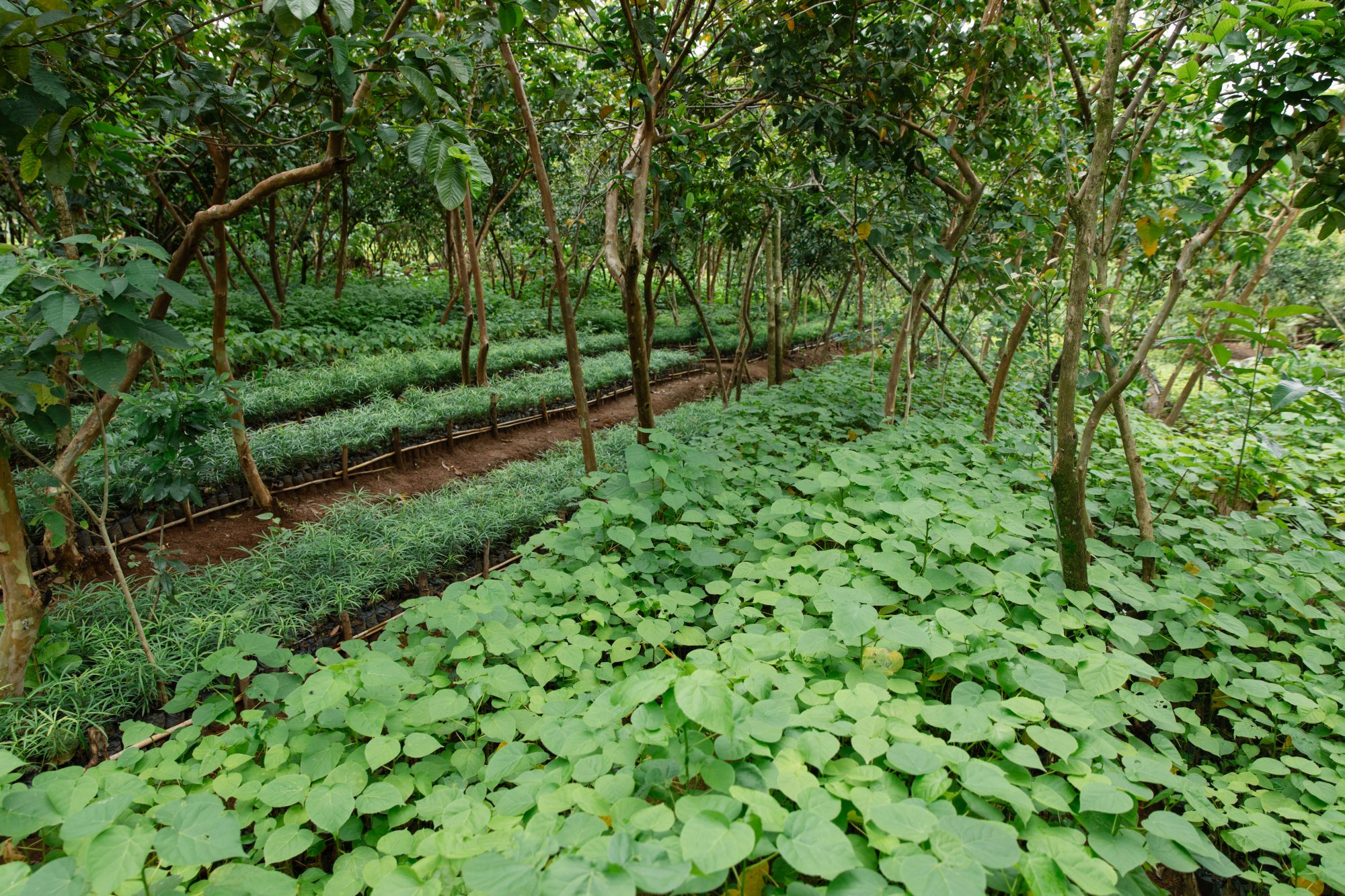Monetizing reforestation and other nature-based carbon removal projects is hampered by the difficulty of verifying outcomes such as soil carbon absorption across vast swaths of land and over multiple years. “Accountability is vital for the success of nature-based solutions,” states the Nature-based Solutions Initiative.
Now, AI’s firepower as a problem solver for a host of business challenges because of its ability to analyze — and act on — large amounts of data is being harnessed to provide an answer.
Canadian startup veritree is applying AI to nature-based solutions and carbon credits. Founded in 2022 as a spinoff from apparel company tentree, veritree provides an AI- and blockchain-enabled platform that connects businesses to about 50 nature-based projects in North America and Africa that use geo-sensors, computer vision cameras, satellites and on-the-ground monitoring to track changes.
The sensors and monitors feed data into the veritree AI platform, which then reports progress on such metrics as carbon sequestration and species replenishment.
Businesses using veritree’s solution for AI-verified restoration projects include Samsung, ASML, Hopper, Sunrun and GreenFi in a list that has grown to 300 companies in three years. As of mid-May, those businesses have connected with reforestation projects to plant 100 million trees, according to the company.
Veritree closed a $6.5 million Series A funding round last week led by Pender Ventures and plans to use the capital to roll out projects in Latin America and integrate more auditing technologies into its platform.
“They come to us because their investors want to see progress audited and verified,” said Derrick Emsley, CEO and co-founder of veritree. “Confidence is one of the critical aspects that’s missing in this space right now, particularly in nature-based projects. Our platform is a utility for making sure that the projects that need to be funded have high-quality outcomes.”
The veritree platform “brings accountability to a space that’s long needed it,” said Pender Ventures Partner Isaac Souweine, in a statement as veritree announced its Series A round.
Mangroves in Madagascar
Ever since COP 27 in Egypt in 2022, nature-based solutions have been held up as essential to the climate struggle: reaching Paris goals requires not only reducing emissions but removing carbon already in the atmosphere. Moreover, widespread drought and biodiversity loss have led to a society-wide wake-up call about the need to protect nature.
Some of veritree’s customers, such as GreenFi and Hopper, have built brands around restoring nature. Others have climate goals embedded in strategy, such as ASML, the photolithography chip company, or Samsung, its first customer, which turned to veritree for a carbon sequestration project that replanted 2 million mangroves in Madagascar. Veritree has been named by Deloitte, Forbes and Fast Company as a tech company to watch.
Other companies are also turning to AI technologies for similar purposes: Cultivo gathers data from geo-sensors, satellites and ground-monitoring devices to track progress on nature-based carbon credits, which it lists on the Verra registry of voluntary carbon credits. Blue Sky Analytics offers data-collecting satellites with remote sensing technology to monitor nature-based projects.
Still, the market for nature-based carbon credits is much smaller than the need. According to the U.N. Global Compact and the Intergovernmental Panel on Climate Change, nature-based solutions could provide about a third of the reductions in greenhouse gas emissions needed to reach 2030 Paris goals. Yet, they receive less than 3 percent of global climate funding, said the Boston Consulting Group. A great deal of skepticism persists about voluntary carbon markets because of a lack of confidence in the outcomes. Thus the need for verifiable impact.
AI capital flows elsewhere
To date, AI’s entry into the sustainability world has
Read More

